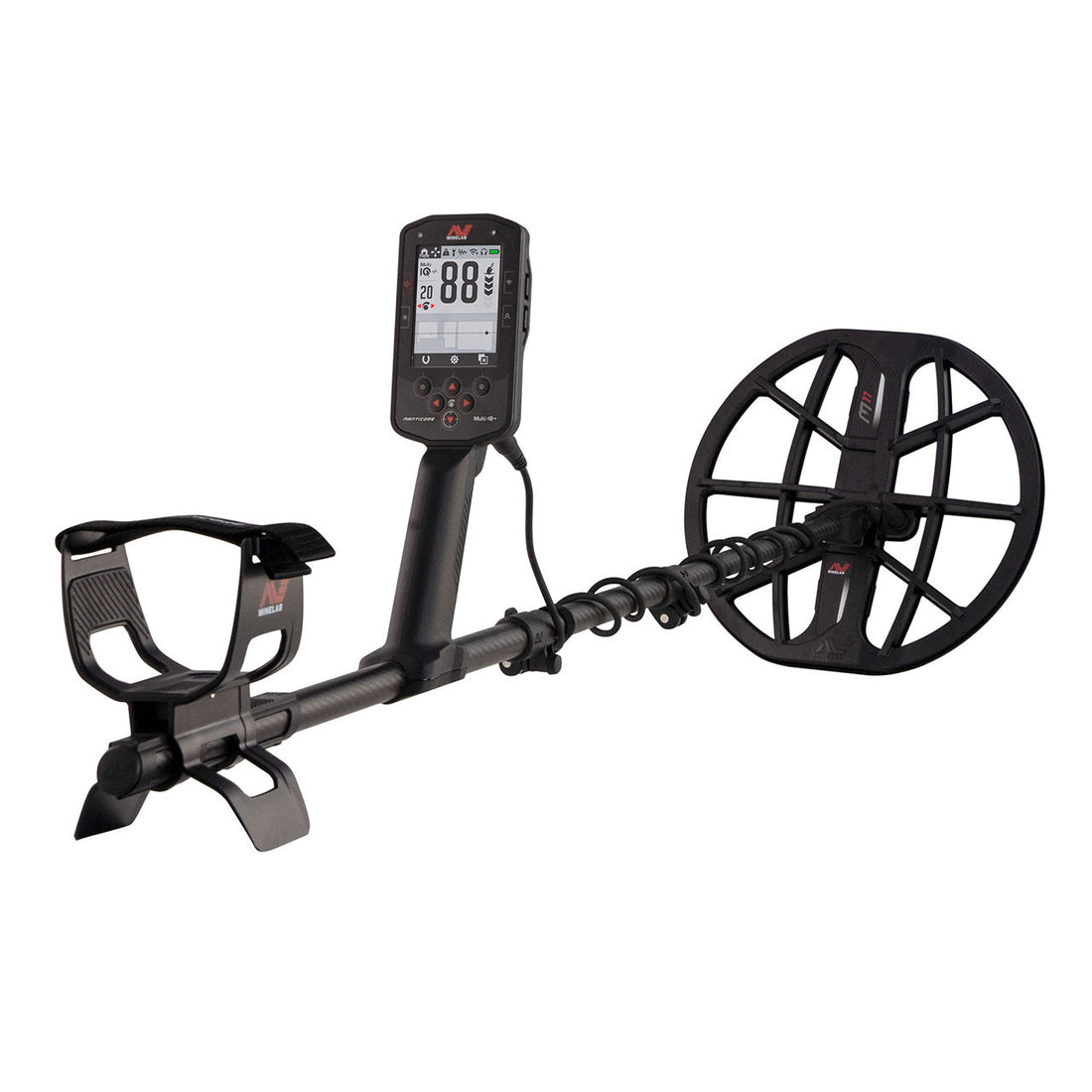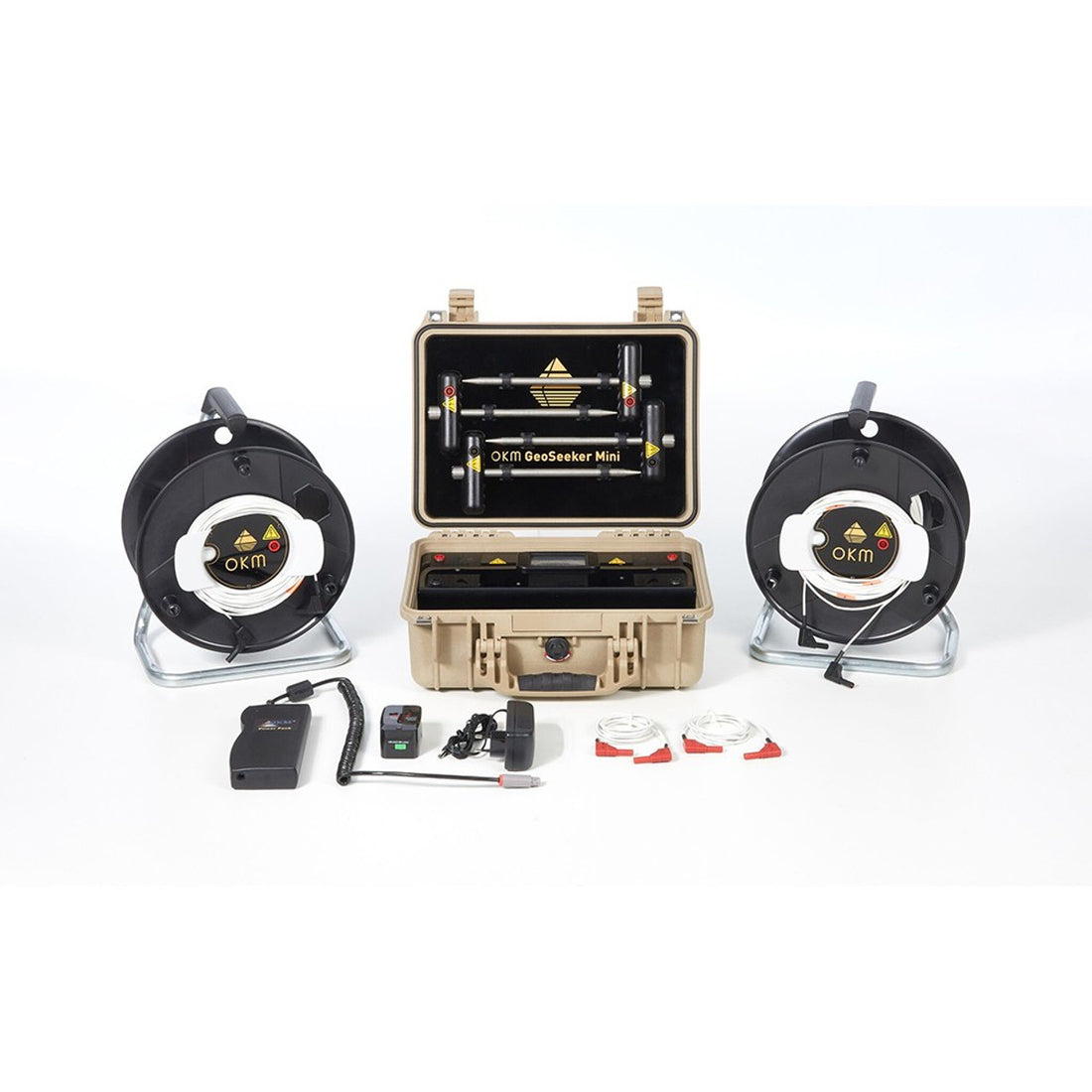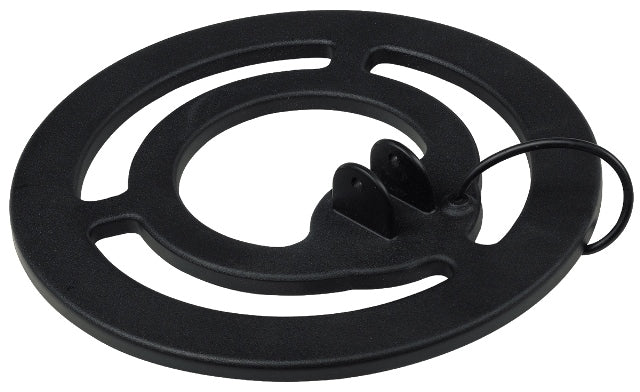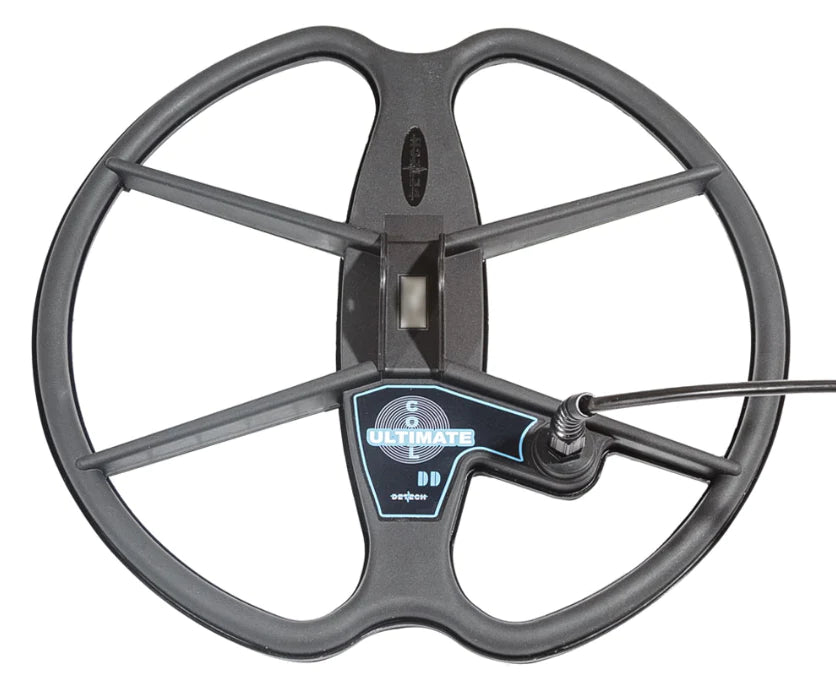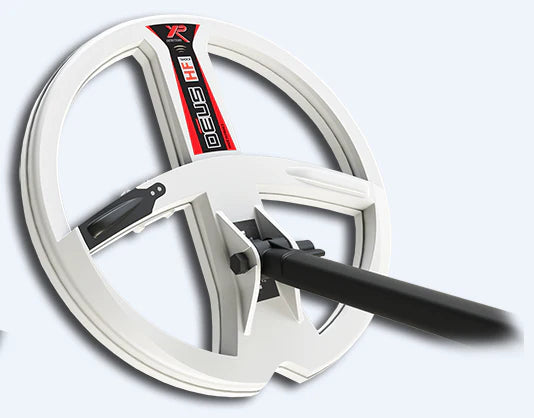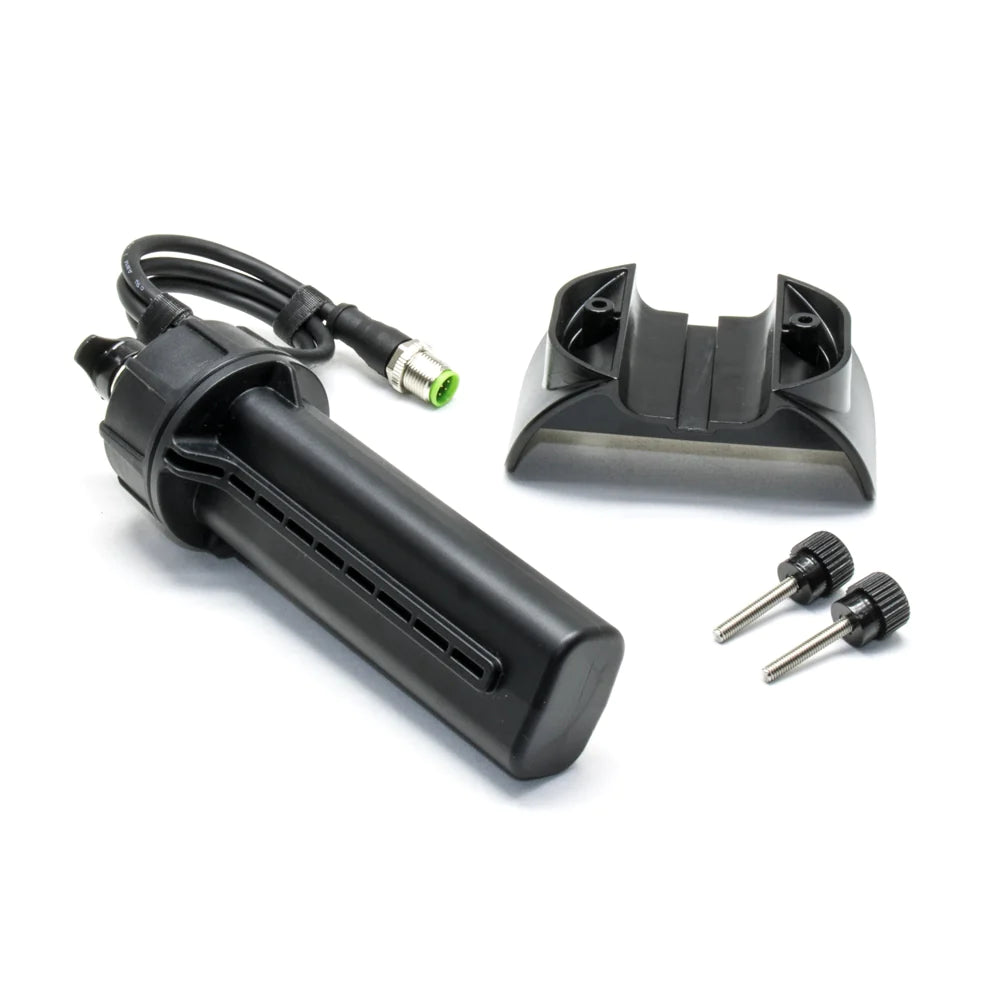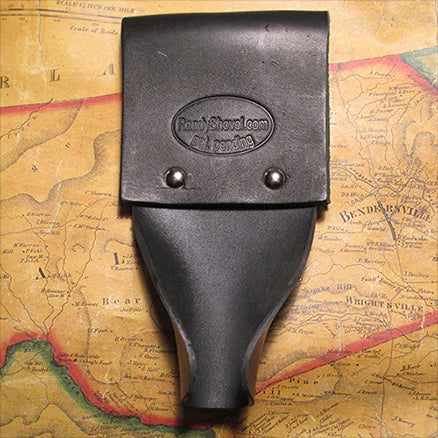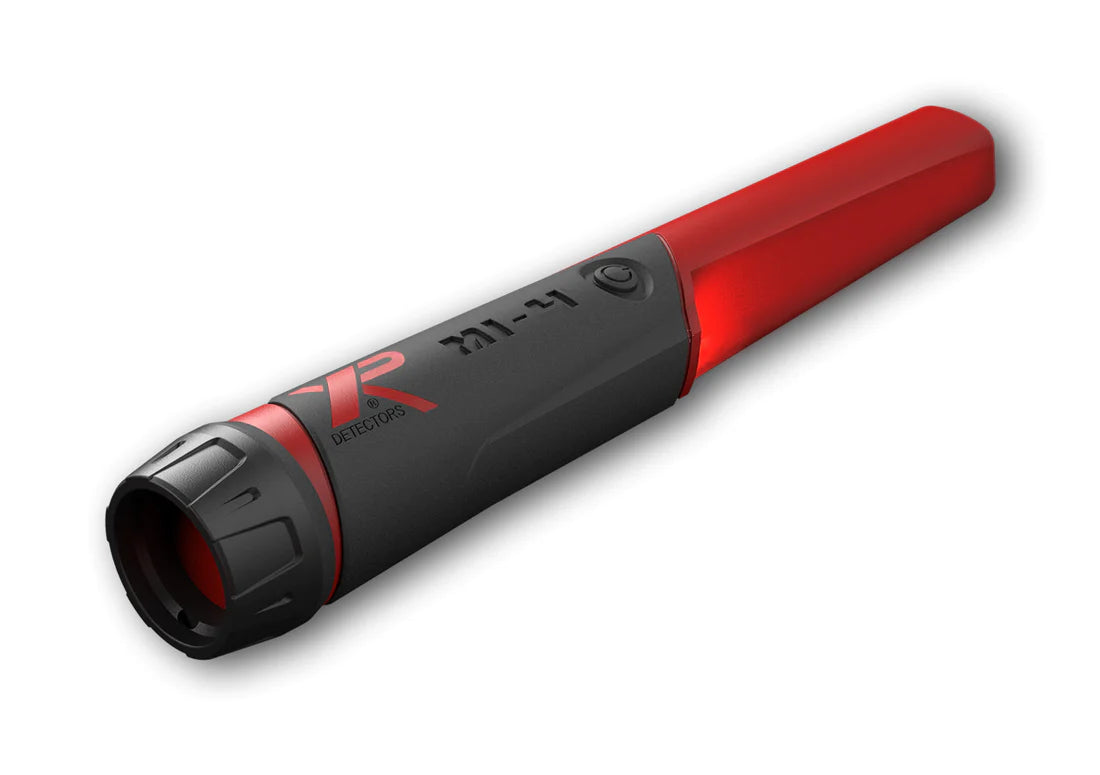Understanding Metal Detector Batteries
Understanding Metal Detector Batteries
by Daniel Bernzweig
Metal detectors are sensitive electronic devices that are used to detect the presence of metal objects. They are often used in security situations, such as airports and government buildings. Still, They can also be used for hobbyist purposes, such as finding hidden objects on the ground, but how are these devices powered? As you learn more about metal detecting, the power source for your model will become something you will want to keep track of.
Metal detector batteries power these devices so that they can perform their functions. Many different types of batteries can be used for this purpose, including a rechargeable battery, a 9-volt alkaline battery, a built-in lithium battery, and even AA batteries.
Depending on your metal detector model, one of these battery types may be better suited for your needs. This article will explore the different types of batteries that can be used to power your metal detector and the pros and cons of each type.
Metal Detector Battery Types
Each battery has its own advantages and disadvantages, so it is important to choose the right one for your needs. Built-in lithium batteries are the most expensive option, but they will last the longest. Alkaline batteries are the cheapest option, but they will need to be replaced more frequently and aren't compatible with all detector models. For example, if you metal detect with a Whites metal detector, you will note that many of the models have proprietary battery trays and holders.
No matter which type of battery you choose, it is important to ensure that it is compatible with your metal detector. Be sure to check the manufacturer's instructions before making a purchase.
Rechargeable Batteries
One type of battery that can be used to power a metal detector is a rechargeable battery. This type of battery can be recharged after it has been depleted, so you won't need to replace it as often. A waterproof metal detector is typically sealed from the elements. For this reason, an internal or sealer battery makes great sense.
Rechargeable batteries are available in many different sizes so that you can choose one compatible with your metal detector. The most common size is an AA battery, followed by a 9-volt battery, but some detectors require a different size.
The biggest advantage of using a rechargeable battery is that you can save money in the long run by not buying new batteries as often. They are also more environmentally friendly than disposable batteries.
Alkaline Batteries
Alkaline batteries are one of the most common types of battery that can be used with a metal detector. This type of battery is less expensive than a rechargeable battery, but it will need to be replaced more frequently.
The self-discharge rate of an alkaline battery is 0.3% per month, meaning that if you stored the battery away from any devices, it would lose a charge each month at a rate of 0.3%. Because this discharge rate is so low, alkaline batteries have a long shelf life, up to 10 years, depending on the quality of the battery. Additionally, these types of batteries boast a nominal cell voltage of 1.5 V and come in different sizes (C, AA, AAA) and shapes (N or 9V).
9v Alkaline batteries are used in various models, including Bounty Hunter metal detectors like the Bounty Hunter Legacy. Since these aren't typically rechargeable, treasure hunters should keep a spare battery or two on hand to continue their search even when the first battery is depleted.
AA batteries are another type of alkaline battery that can be used in metal detectors. These batteries are less expensive than 9v alkaline batteries, but they will need to be replaced more frequently. Like 9-volt batteries, AA batteries are used in a variety of detector models from Garrett metal detectors and other brands, including:
- Gold prospecting detectors like the Garret AT Gold and Fisher F70
- Garrett Ace metal detectors
- Fisher F22
- Detech Gold Catcher gold detector
Lithium Batteries
A lithium-ion battery is a type of rechargeable battery that uses cells in which lithium ions move from the negative electrode to the positive electrode during discharge and back when charging.
Compared to other types of batteries, lithium-ion batteries have a higher energy density and can hold a charge for a longer period of time. They are also more expensive than other types of batteries, but they will last longer before needing to be replaced.
Lithium Ion batteries are the most expensive type of battery, but they will last the longest. Lithium batteries are not typically found in entry-level detectors but are common in higher-end models.
Lithium batteries are used in models like:
- XP Deus 2, XP Deus and the ORX
- Nokta Makro Kruzer
Metal Detector Battery Accessories
One accessory that will come in handy in the field is a metal detector battery holder. This accessory attaches to your belt and holds the batteries for your metal detector, so you don't have to carry them around in your pockets.
A battery holder or external battery pod is a convenient way to keep spare batteries close at hand, and it can also help to prolong the life of your batteries by keeping them from getting jostled around.
A coil cover for your metal detector's search coil is another type of accessory that can be convenient in the field. Though they won't necessarily prolong your battery life, search coils will help to protect your coils from getting scratched or damaged.
If you're serious about treasure hunting, investing in a good quality metal detector and metal detector parts, including quality batteries, is a must. But even the best metal detector won't be useful if the batteries are dead. That's why it's important to choose the right type of battery for your needs and to keep a few spare batteries on hand.
How to Extend the Battery Life in Your Metal Detector
Even waterproof metal detectors and hand-held metal detector wands need batteries to function. The average battery life for most detectors is around 10-20 hours, but there are a few related products that extend the lives of batteries and some things you can do to extend the battery life of your detector:
Use Quality Headphones
A good quality headphone will help you to hear even the faintest signals, which means you won't have to keep your detector on as high of a volume control setting. This, in turn, will help to prolong battery life. Faint, soft signals can easily be the deeper, older, and possibly more valuable items.
Use the Right Alkaline Batteries
Alkaline batteries are one of the best types of batteries to use in a hand held metal detector. Lithium batteries may last longer, but they are also more expensive. Choosing batteries like the Energizer Industrial Alkaline AA or 9V battery with an extended life when compared to normal alkaline batteries will help your last longer on one set of batteries. All of the Bounty Hunter models are powered by Alkaline batteries. An underpowered machine may even lose detection depth or act erratically.
Pay Attention to Your Machine's Settings
As you increase sensitivity, your machine will use more battery power. So, if you want to save battery life, pay attention to the settings on your machine and only increase the sensitivity as much as you need it. The all metal mode will also use more battery power than other discriminate modes, so using the appropriate setting will help to prolong the battery life of your machine.
Copyright 2022 Detector Electronics Corp.

